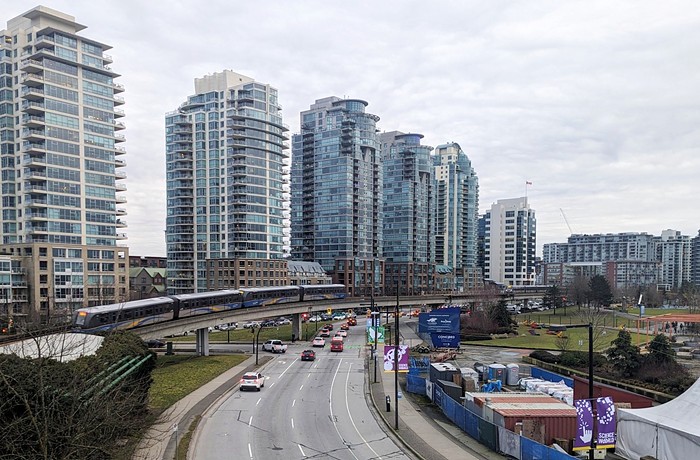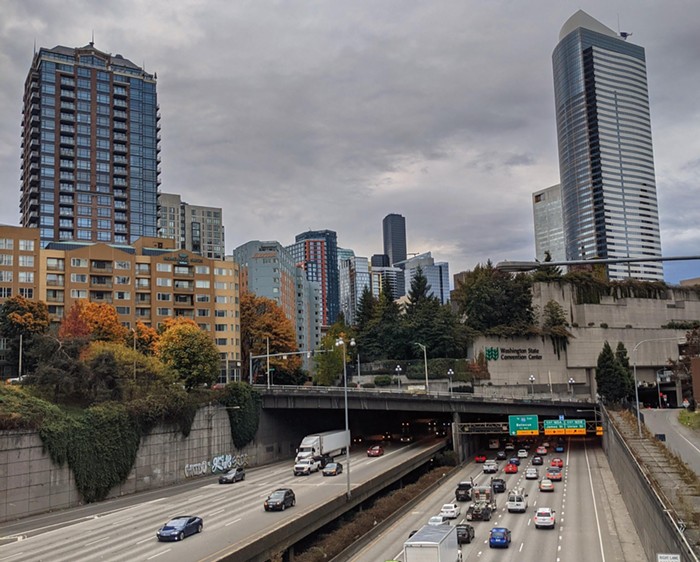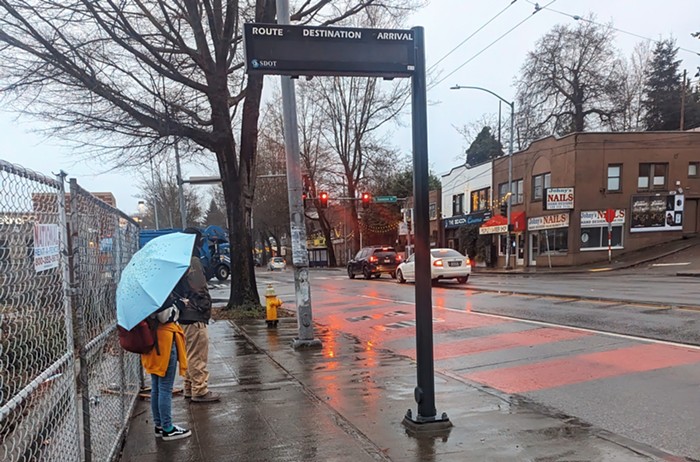
A bill on Capitol Hill sponsored by Senators Tom Udall (D-N.M.) and Rick Scott (R-Fla.), the Reduce Impaired Driving for Everyone Act, or RIDE Act, would, if made into a law, "require automakers to build cars and trucks with passive detection systems that prevent the vehicle from operating if the driver is impaired." This is how it would work. You enter your car, the device smells your breath and determines if you are fit to drive or not. If not, the car will not start.
From the Washington Post:
Such devices, known as ignition interlocks, are in widespread use for those charged or convicted of drunken driving; they require the driver to exhale into a Breathaylzer-like device and prevent the car from starting if a person’s blood alcohol level is above the legal limit.”But researchers and engineers have been working to develop newer technology that would obtain instantaneous and precise readings of every driver’s blood alcohol level when the driver attempts to start the vehicle. Safety advocates hope the technology will become as standard as air bags. Limited road testing has been underway in Maryland and Virginia.
Let's think about this for a moment. What are the pros and cons of such a bill?
Sen. Tom Udall introduces Ride Act 2019 to prevent drunk driving https://t.co/DMEsbP6thF
— KRQE.com Headlines (@krqe_headlines) October 16, 2019
One item on the pro side: it would make life miserable for drivers. You will no longer just drive when ever you like. The car is no longer your own, but that of a device that has the power to deny you access to a machine you bought with your own hard-earned cash. This would certainly make the streets (which are dominated by cars) safer.
One item on the con side: the law would push the automobile industry to make self-driving cars that actually work. If this were the case, then the US and world would be in for a second round of car-dependent capitalism. My feeling is that Rick Scott's participation in the bill has that market potential as its motive rather than the safety of American subjects (Scott is, after all, fine with weak and life-destroying gun laws).
So, what position should the left (the merchants of reason) take?
The installation of breathalyzers in cars, of course. But our position should not just end with new vehicles—it should be required in all old and new cars. A car whose operations can't be authorized by an alcohol device should just be banned from the streets. If we require emission tests on all cars, then we should require the same universalism for breathalyzers. The left should push this law to its final conclusion. No individual should have absolute rights when it comes to the management of 4,000 tons of metal and plastic in public spaces (tax-funded roads, streets, freeways). And the faster these machines go, the more power is packed into their tons. An accident (hitting another car or pedestrian) is the energy of the resting weight of a vehicle plus the energy acceleration adds to that resting energy. In short, the faster a car goes, the more it weighs. Pass this law!
Now, who would lose? I must tell a little story. In 2007, I worked on the story for the documentary Zoo. One of my assignments was to attend a court hearing in Burien where one of the horse-sex men was arraigned. Because there is no order to this process—each case is treated the same as the other cases—I sat in this court room for six hours before the horse fucker made his appearance. During that time, what were the cases? There was one woman charged with prostitution. The rest were DUIs. One DUI case after another. Six hours straight. Bank robbers? No. Assassins? Hell no. DUI. DUI. DUI. This, obviously, is a major industry, and we can expect the benefactors of it to fight any law that reduces the number of DUI charges.
As for self-driving cars? The automobile industry's response to this authoritative device? Here is my prediction. Recently, the city of Phoenix voted to extend its light rail after the Koch brothers did everything they could to dissuade voters, to convince them that light rail is basically communism. Seattle is now expanding, though too slowly, its light rail. These are fast growing urban areas. My point is that these structural transportation changes are already in motion. Self-driving cars, when they fully enter market in a number of cities, will have to face a public that is ideologically less certain about car culture and has been extensively exposed to transportation alternatives.
Again, just pass this law. The left should place their bet on breathalyzers. There is a very good chance that the auto and oil industry will lose it.



















